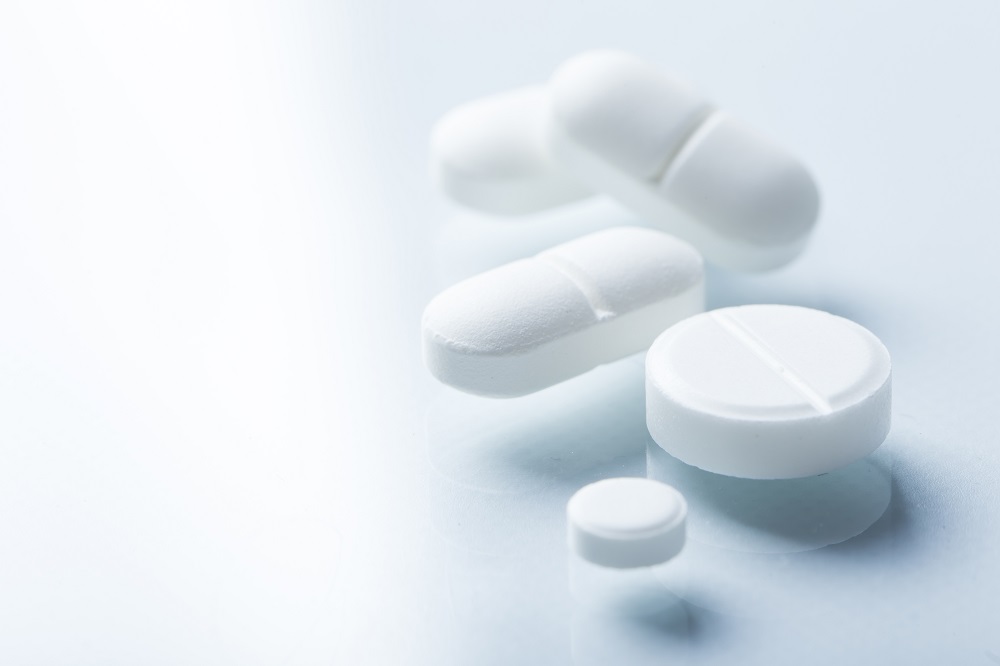On January 28, the good news came from Wuhan Institute of Virology (WIV) of the Chinese Academy of Sciences: WIV and the Institute of Pharmacology and Toxicology, Academy of Military Medical Sciences jointly discovered that there were three existing drugs with better inhibition against 2019-nCoV at the cellular level, i.e. remdesivir (GS-5734), chloroquine (Sigma-C6628), and ritonavir. Some antiviral medications do work against 2019-nCov.
Why do old trees bloom?
Drug research and development is a long and uncertain process. It takes 10-15 years to develop a completely new structured drug from scratch, and the total success rate is less than 10%. Therefore, in order to solve the urgent needs, the current drug research teams invest a lot in the screening of existing drugs and traditional Chinese medicine.
Drug screening is a very complicated process. In short, researchers confirmed the target of the 2019-nCoV, predicted the interaction between the compound and the target in the existing "drug database" using a computer, and then obtain the drug or active natural product that may have a therapeutic effect on 2019-nCoV.

Past and present stories of the three drugs
Remdesivir (GS-5734)
- Remdesivir is a new nucleoside-analogue antiviral drug and a broad-spectrum antiviral drug. The nucleoside analogues are an important class of drugs used in clinical treatment of viral infectious diseases, tumors, and AIDS. Nearly 50% of the currently used antiviral drugs are members of the nucleosides.
- Remdesivir has been used to treat Ebola virus disease and Marburg virus infection. In addition, studies have shown that this drug also shows better antiviral activity against the respiratory syncytial virus, MERS virus, etc., helps repair the damaged lung tissue, and has a better therapeutic effect than combination therapy with lopinavir/ritonavir and interferon beta.
- The phase III clinical trial of remdesivir for the treatment of Ebola virus infection has been completed with relatively complete human pharmacokinetic and safety data. However, the efficacy and safety of remdesivir in patients infected with 2019-nCov still need to be further confirmed by clinical studies.

Chloroquine
- It has been applied to clinical practice since 1944. It was initially used to treat malaria, and its use continued to expand afterwards. It can also be used to treat hepatic amebiasis, clonorchiasis, lung fluke disease, connective tissue disease, etc.
- Its principle of treating malaria is to interfere with the DNA replication of schizont of malaria parasites, causing the polypides to die due to lack of amino acids.
- Side reactions: Appetite loss, nausea, vomiting, diarrhea and other reactions may be seen after medication. Sometimes white blood cell decrease is seen. If the count of white blood cells is less than 4000, the drug should be discontinued.
Lopinavir/ritonavir
- They were approved by FDA in 2000 for antiretroviral therapy of AIDS. Both drugs are protease inhibitors, which inhibit the function of proteases mainly by binding to the viral proteases to interfere with the HIV replication.
- The coronavirus replication also requires the action of viral proteases. If protease inhibitors, such as lopinavir/ritonavir, can also bind to coronavirus proteases to inhibit their normal function, they can play a role in preventing coronavirus. Previous in vitro studies have shown that lopinavir/ritonavir can inhibit the replication of MERS-CoV (a type of coronavirus) and SARS-CoV (a type of coronavirus).
References 7
[1] Chan JF, Yao Y,Yeung ML,et al. Treatment With Lopinavir/Ritonavir or Interferon-beta1b Improves Outcome of MERS-CoV Infection in a Nonhuman Primate Model of Common Marmoset[J]. J Infect Dis,2015 (212):1904-1913.